It’s time for another weekly update.
We missed you last week!
Black Friday was amazing by the way. We are so thankful for everyone who helped make it a great! More on that soon.
Donations from the Holiday Catalog stacked in the halls after our Black Friday event
Our first story comes from 6 days earlier. And for the sake of my brain which loves to work things out in consecutive order let's start there.
It was almost noon on a Sunday and it seemed as though we were going to make it through the weekend sans emergency, sans crises.
But then we heard word from the maternity team. And it wasn't great news.
They were treating a woman, Eliona, who had just arrived at the center with severe dehydration.
Bird's eye view of our Cap Haitien Birth Center
Eliona was still 3 weeks from her due date, but she'd been vomiting and had had diarrhea since 8 pm the previous night. Now her blood pressure had dropped to dangerously low levels.
(Quick Note: Low blood pressure is a common result of losing too much fluid. As a last ditch effort, your body pulls water out of your blood stream and into your cells to save them. But when your blood volume drops, there isn’t enough pressure (blood pressure) to keep your blood pumping adequately throughout your body. And that’s bad.)
Perhaps it’s common knowledge that you can die from dehydration.
Or maybe not.
I was in Haiti during the first cholera epidemic in 2010 after the disease was introduced into the country by a troop of UN relief workers who failed to do the necessary health screenings before they deployed to Haiti---mistake #1. And subsequently neglected to properly dispose of waste at their base, letting waste (laden with the cholera bacteria) flow into a nearby river—mistake #2. It polluted the the water support of an entire region.
We lived in Haiti at the time, although Second Mile was still just a dream, and Amy volunteered at one of the Cholera Treatment Centers that had popped up around the country to treat those who were experiencing cholera’s extreme symptoms.
Tents like these are coming back.
Photo of clinic in Port au Prince, Oct. 7, 2022 (AP Photo/Odelyn Joseph)
Cholera causes such severe diarrhea and vomiting that you can die from dehydration within 24 hours.
More than 10,000 Haitians died in the months that followed.
***
Eliona was on the 16th hour. Unable to stand, too weak and too dizzy, she laid in one of our consultation rooms while we gave her bag after bag of I.V. fluids and the recommended antibiotics for cholera.
Her mother fanned her with towel as we kept an eye on the baby’s heart rate.
Over the next 8 hours (after receiving all of the fluids pictured above), Eliona gradually transformed into an entirely different person. She eventually managed to sit, get up to pee, and even walk.
At midnight, the baby's heart rate took a turn for the worse. But Eliona was able to walk to our emergency transfer vehicle. She gave birth by c-section around midnight.
We may not have been able to see Eliona all the way through her birth,
but we feel pretty great about being able to save two lives.
Thanks to you we were adequately prepared for our first cholera encounter of 2022.
We know that not everyone affected by cholera will know where to turn. Not everyone will feel confident going to their local health facility— especially in light of the supply and security issues currently facing the country of Haiti as a whole.
Eliona’s life was saved because had grown to trust the care she would receive at Second Mile Haiti. She had received everything she needed during her prenatal check-ups and had come to expect that this would also be true when her life was on the line.
Thank you for helping us be that place for so many.
Eliona is currently at her home with 11 day old baby.
❤️ ☕️
warm wishes
from all of us at Second Mile Haiti






